With the increasing emphasis on drinking water safety, water purifiers have become essential household appliances for many families. However, there are numerous types of water purifiers on the market, each with different filtration technologies. How do you choose the right water purifier for your needs? What are the functions of different filter cartridges? Today, we will comprehensively analyse water purifier filtration methods, the functions of each level of filter cartridges, and selection tips!
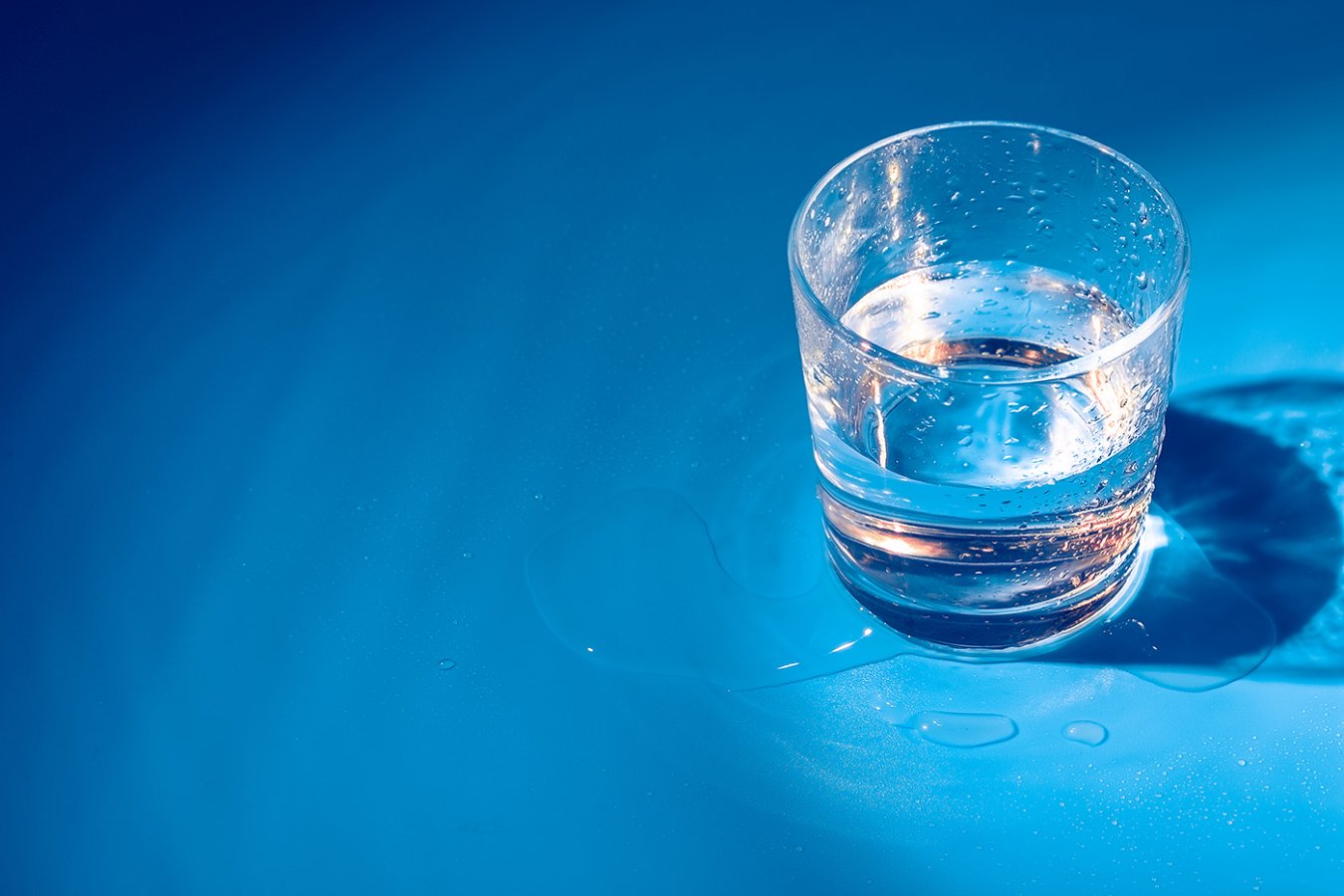
I. Comparison of Common Water Purifier Filtration Methods and Their Advantages and Disadvantages
1. PP Cotton Filtration Principle: Uses polypropylene fibres (PP cotton) to intercept large particles such as sand, rust, and suspended solids.
✅ Advantages: Low cost, fast filtration speed, suitable for pre-filtration.
❌ Disadvantages: Cannot remove bacteria, viruses, heavy metals, and other microscopic contaminants.
2. Activated Carbon Filtration Principle: Utilises the adsorption capacity of activated carbon to remove residual chlorine, odours, and some organic compounds.
✅ Advantages: Improves taste and effectively removes residual chlorine.
❌ Disadvantages: Cannot filter heavy metals or bacteria; requires regular replacement (otherwise may harbour bacteria).
3. Ultrafiltration (UF) Principle: Uses ultrafiltration membranes (0.01 microns) to filter out bacteria, colloids, and large organic molecules while retaining minerals.
✅ Advantages: No electricity required, no wastewater generated, retains beneficial minerals.
❌ Disadvantages: Cannot filter out viruses or heavy metals; not recommended for use alone in areas with poor water quality.
4. Reverse Osmosis (RO) Principle: Utilises RO membranes (0.0001 microns) to filter out nearly all contaminants, including heavy metals, viruses, and bacteria.
✅ Advantages: Highest filtration precision, producing water quality close to pure water, suitable for areas with poor water quality.
❌ Disadvantages: Requires electricity, produces wastewater (wastewater ratio 1:1 to 3:1), removes minerals (can be supplemented with a post-mineralisation filter cartridge).
5. Nanofiltration (NF) Principle: Between ultrafiltration and reverse osmosis, it can filter out some heavy metals while retaining some minerals.
✅ Advantages: More energy-efficient than RO, retains beneficial minerals.
❌ Disadvantages: Lower filtration capacity than RO, higher cost.
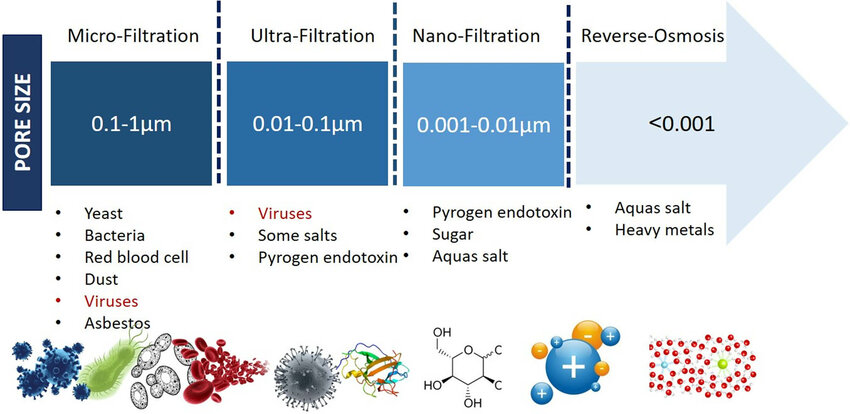
II. Filter Cartridge Layers and Replacement Recommendations
A water purifier is not a one-time investment but a system that requires regular maintenance. Using expired filter cartridges is more dangerous than not using a water purifier at all. Today, we will delve into the five major risks of using expired filter cartridges. After reading this, you will understand that timely replacement is not only about maintaining the equipment but also about safeguarding your family's health!
Filter cartridge lifespans vary by brand. It is recommended to adjust replacement intervals based on water quality and usage frequency.
III. Common Methods for Testing Drinking Water Quality
A TDS tester is one of the tools used to assess water quality. TDS stands for Total Dissolved Solids, measured in parts per million (PPM). Its measurement principle involves measuring water conductivity to indirectly reflect TDS levels. It primarily tests the purity of drinking water and is one of the more cost-effective testing devices available.
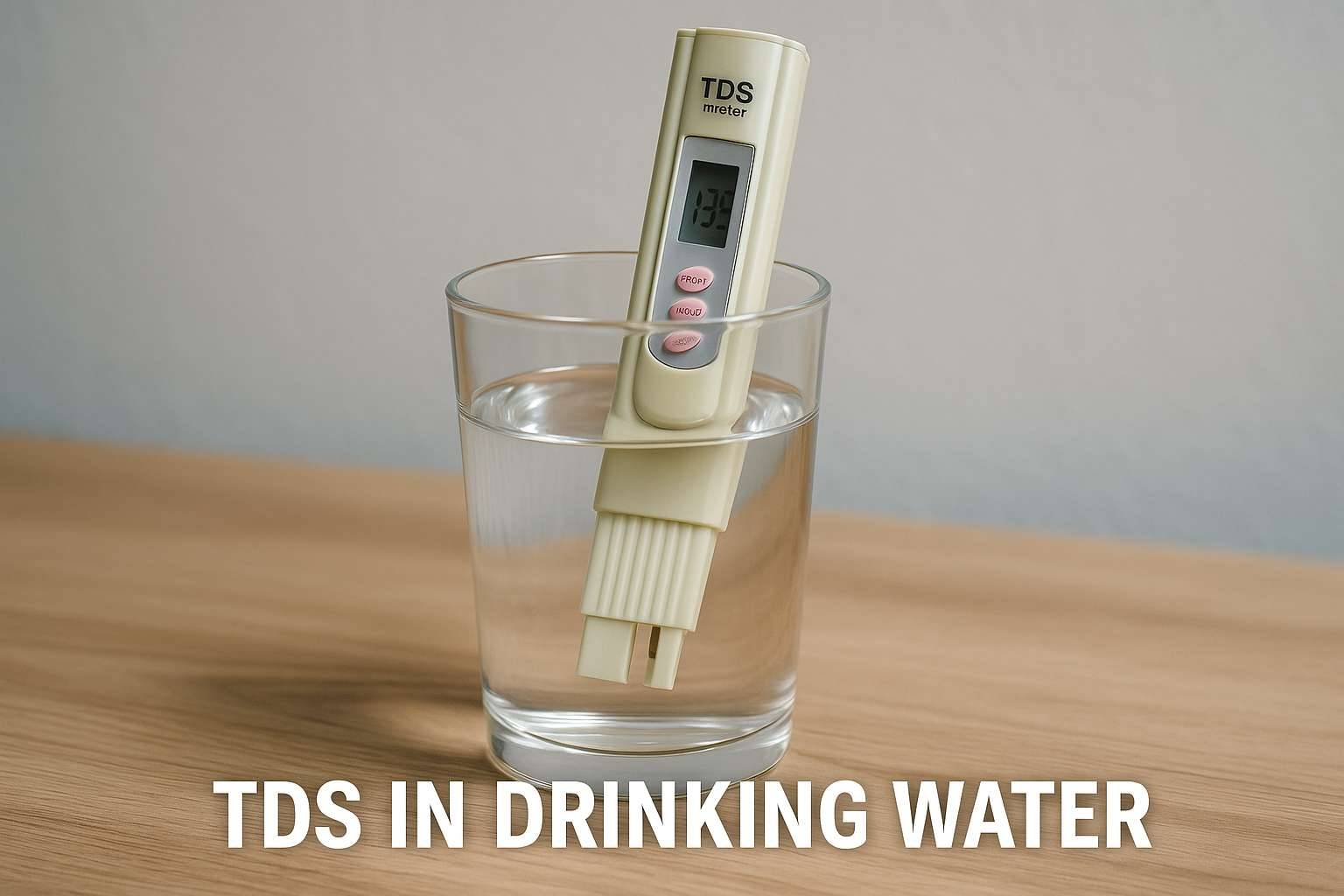
4. How to choose the right water purifier for you?
The core of a water purifier lies in its filter cartridge. Choosing the right one ensures effective filtration and drinking water safety. However, there are numerous types of water purifiers on the market with significant price differences. How can you distinguish between good and bad products? Today, we will explain the selection criteria, including type selection, user needs, water-related batch numbers, NSF certification, and other key indicators, to help you avoid being misled by merchants!
1. Assess water quality: For good water quality (TDS < 80), a combination of ultrafiltration and activated carbon is sufficient. For poor water quality (TDS > 100), an RO reverse osmosis water purifier is recommended.
2. Consider user needs: High demand for direct drinking water → RO reverse osmosis (safest option). Desire to retain minerals → Ultrafiltration or nanofiltration (best used in conjunction with boiling before consumption). Whole-house water purification → Pre-filter + central water purifier + reverse osmosis drinking water machine.
3. Check NSF certification (international authoritative certification) NSF (National Sanitation Foundation) is the authoritative certification in the water purification industry. Filters certified by NSF are safer and more reliable, while uncertified filters may have issues such as substandard materials or inadequate filtration performance.
4. Check for water-related permits (official registration). Water-related permits (full name: Health Permit for Products Involving Drinking Water Safety) are mandatory certifications for water purification equipment issued by the Chinese National Health Commission, equivalent to an ‘ID card.’ Look for ‘Health Water Permit No.’ or ‘Health Water Permit No.’ + number on the packaging or manual, and log in to the National Health Commission's official website.
Purchase recommendations: Always choose filter cartridges with valid water-related approval certificates. Otherwise, they may be counterfeit products. Filter cartridges without approval numbers may use substandard materials and pose a risk of secondary contamination.
Five. Summary
✅ RO reverse osmosis: Provides the most thorough filtration and is suitable for areas with poor water quality.
✅ Ultrafiltration/Nanofiltration: Retains minerals, suitable for households with better water quality When selecting a water purifier, consider water quality, budget, and needs, and pay attention to filter replacement costs to choose the most suitable option!
What type of water purifier do you have at home? How is your usage experience? Feel free to leave a comment and share your thoughts! 📢 For more information on water purification, please contact us to obtain additional knowledge and filter selection recommendations! 💧
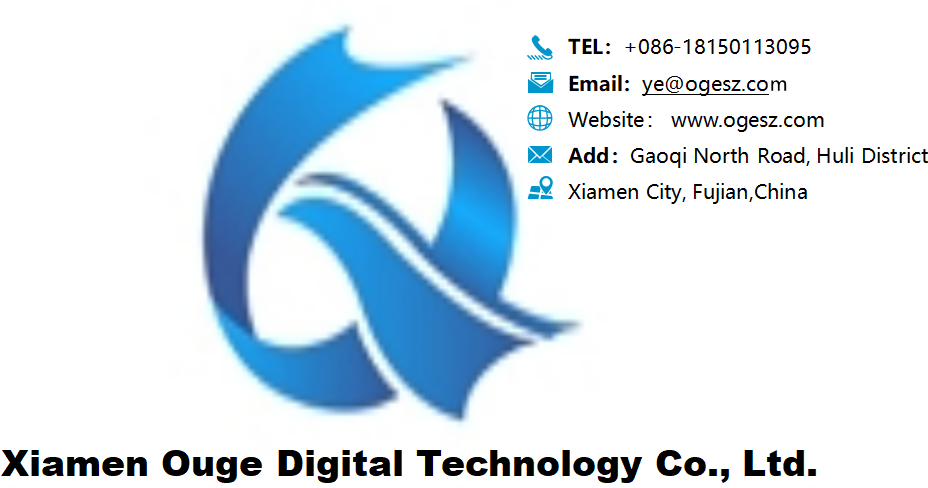
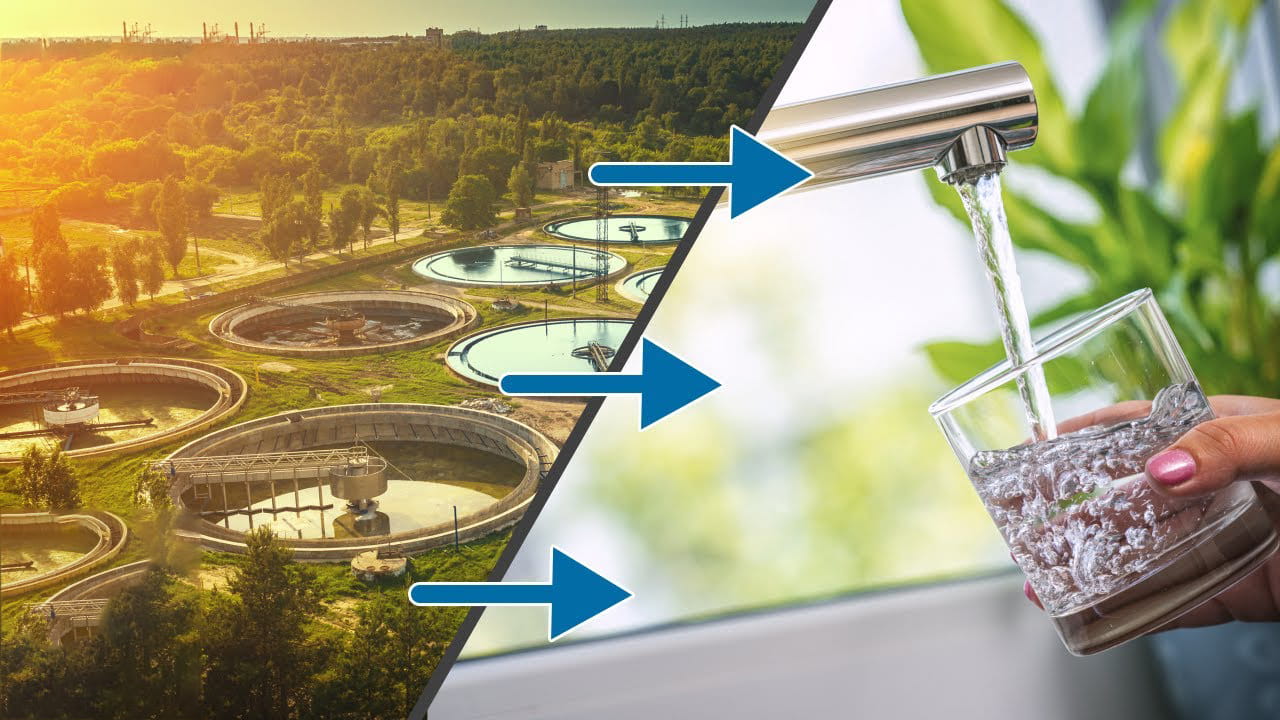 Industrial Water Purification Equipment: Making Your Production Safer, More Efficient, and More Eco-Friendly!
Industrial Water Purification Equipment: Making Your Production Safer, More Efficient, and More Eco-Friendly!
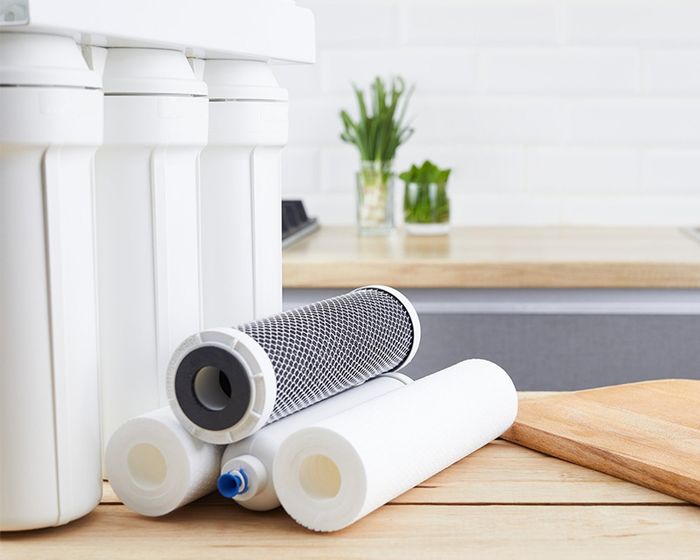 Water purifier emitting an odor? Without identifying these 5 “sources of stench,” replacing the filter cartridge is pointless!
Water purifier emitting an odor? Without identifying these 5 “sources of stench,” replacing the filter cartridge is pointless!
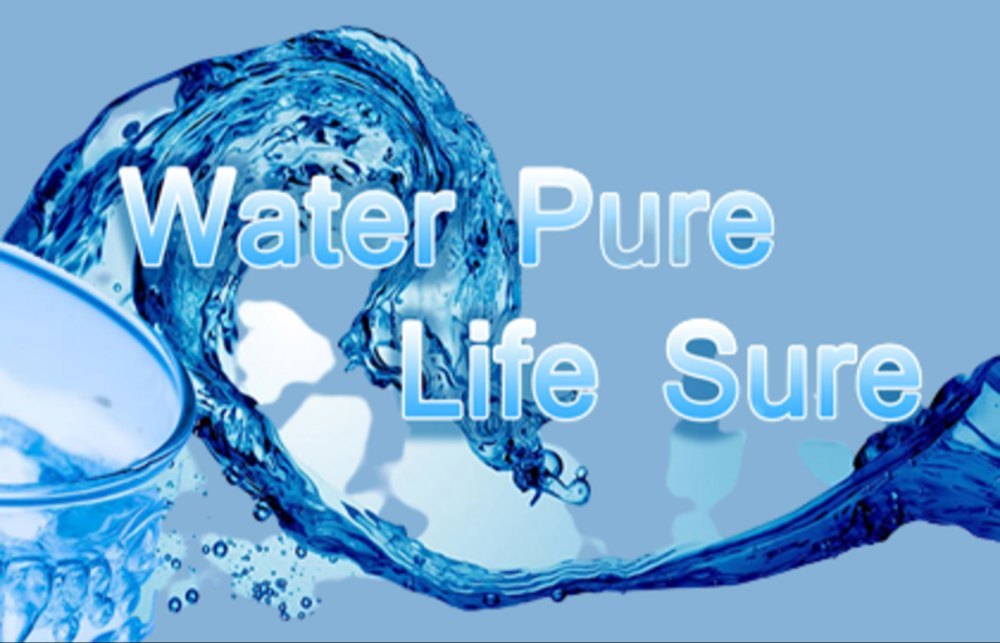 【Rumor Buster】Water Purifiers: What You Absolutely Must Know!!
【Rumor Buster】Water Purifiers: What You Absolutely Must Know!!